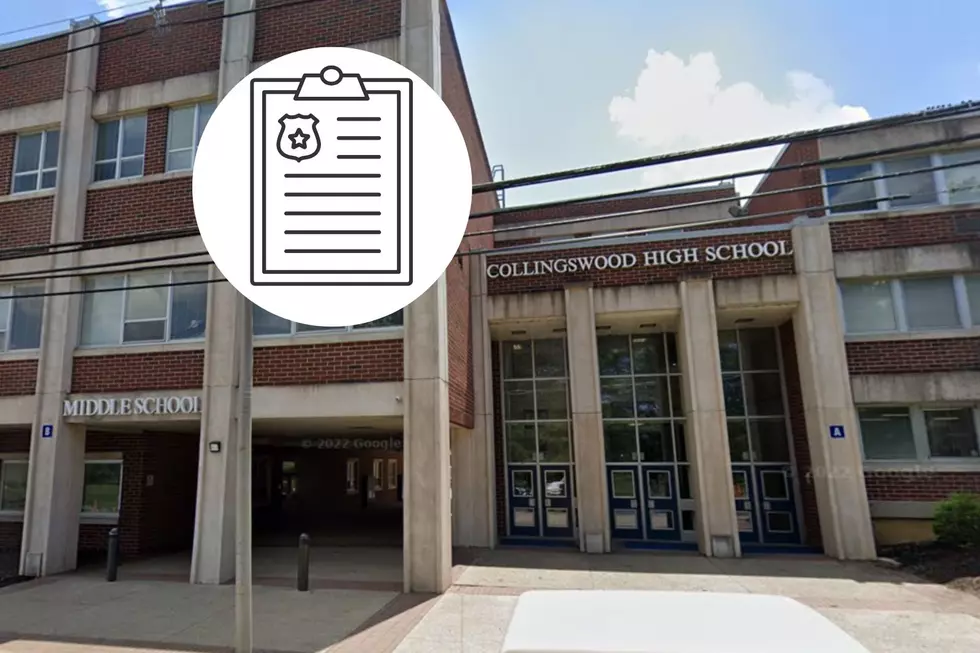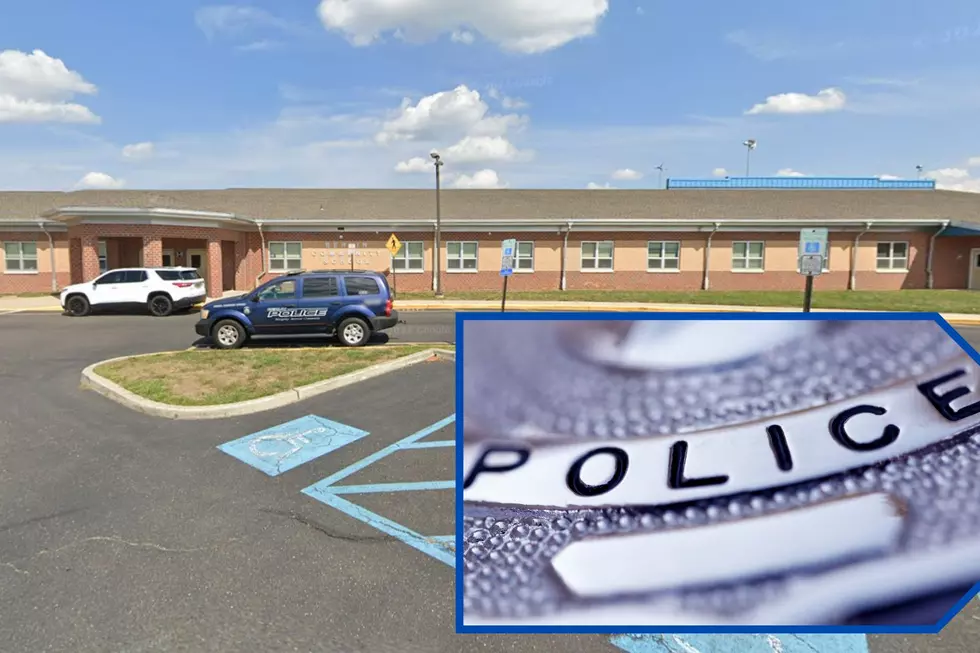
Abolish the police department? Camden sort of did that 7 years ago
There is renewed attention on the city of Camden's decision to start fresh with its police force seven years ago. Of particular interest is whether dissolving the city's police department and forming a new one has had a notable impact on crime and community interactions.
Freeholder Director Louis Cappelli was part of the team that helped found the Camden County Police Department in 2013.
“Camden was in a fiscal and a public safety crisis. The state just came out of recession — the state was broke, the city was broke and the murder rate was higher that some of the murder rates in third world nations. So we knew we had to make a change," Cappelli said to New Jersey 101.5.
Even the leader of the new department had to be let go before going through the new hiring process, according to former Camden County Police Chief Scott Thomson in an interview with MSNBC. As he explained, that included a 50-page application and new psychological testing.
Thomson led the county police from 2013 until his retirement in 2019, when current Chief Joseph Wysocki took the helm.
Cappelli said under previous union contracts, "the police chief and superior officers could make very little decisions on the deployment of officers without it costing the city lots and lots of money." He said in their first round of looking at expenses, they found "$8,000,000 in waste."
He said by coming up with new salary guides, rewriting policies and procedures and reducing overtime, Camden was able to maintain its operating costs of about $63 million, while restoring its police force to about 400 officers in 2013.
Speaking at the new police department's launch in May 2013, then Gov. Chris Christie said, "This is not something that is anti-union. This is something that is pro-common sense. But what you need is the will to do it and the commitment of all levels of government to be getting through the obstacles that will be put up before you, including political obstacles."
In 2015, President Barack Obama visited Camden and said he was able to hold the Camden police force up "as a symbol of promise for the nation," which he said was nearly unthinkable a few years earlier.
“Just a few years ago, this city was written off as dangerous beyond redemption,” Obama said, noting that the newer police force "cut desk jobs in favor of getting more officers out into the streets,” build community ties.
During the president's visit, he cited violent crime in Camden was down 24%, murder was down 47%, open-air drug markets had been cut by 65%, and response time for 911 calls was down from about an hour to 5 minutes.
Obama said nobody was suggesting that the job was done, but noted Camden had seen real progress in just two years, and that "other cities across the nation could make similar progress."
The same year as Obama's visit, the American Civil Liberties Union of New Jersey recommended that Camden establish civilian oversight over its police department to further strengthen community trust. It pointed to a similar police civilian review board enacted in Newark by Mayor Ras Baraka, which currently remains tied up in court.
No such board has been created, though there remains community support for such a civilian review panel for cases in which force is used, the Philadelphia Inquirer and Bloomberg reported.
In 2019, the Camden County Police adopted a new use of force policy with six core principles:
— Officers may use force only to accomplish specific law enforcement objectives.
— Whenever feasible, officers should attempt to de-escalate confrontations with the goal of resolving encounters without force. Officers may only use force that is objectively reasonable, necessary, and as a last resort.
— Officers must use only the amount of force that is proportionate to the circumstances.
— Deadly force is only authorized as a last resort and only in strict accordance with this directive.
— Officers must promptly provide or request medical aid.
— Employees have a duty to stop and report uses of force that violate any applicable law and/or this directive.
“A robust use of force policy must do more than explain when and how much force officers can use: it must make clear that officers are accountable to ensure their fellow officers are following the rules,” Policing Project Executive Director Farhang Heydari said in a written statement when the policy was adopted.
Over the past decade, Camden has seen a notable 41% decrease in violent crime, as reported by TAPinto Camden. That includes a drop from the high of 67 murders within the city in 2012 to 25 in 2019.
Cappelli said for any community considering a revamp of its own law enforcement structure, “Make sure you build the trust of your residents in the police department. The partnership between the residents and the department is crucial,” Cappelli said, adding “it doesn’t happen overnight.”
More From New Jersey 101.5 FM









